Swiss taxis get together and launch anti-Uber app
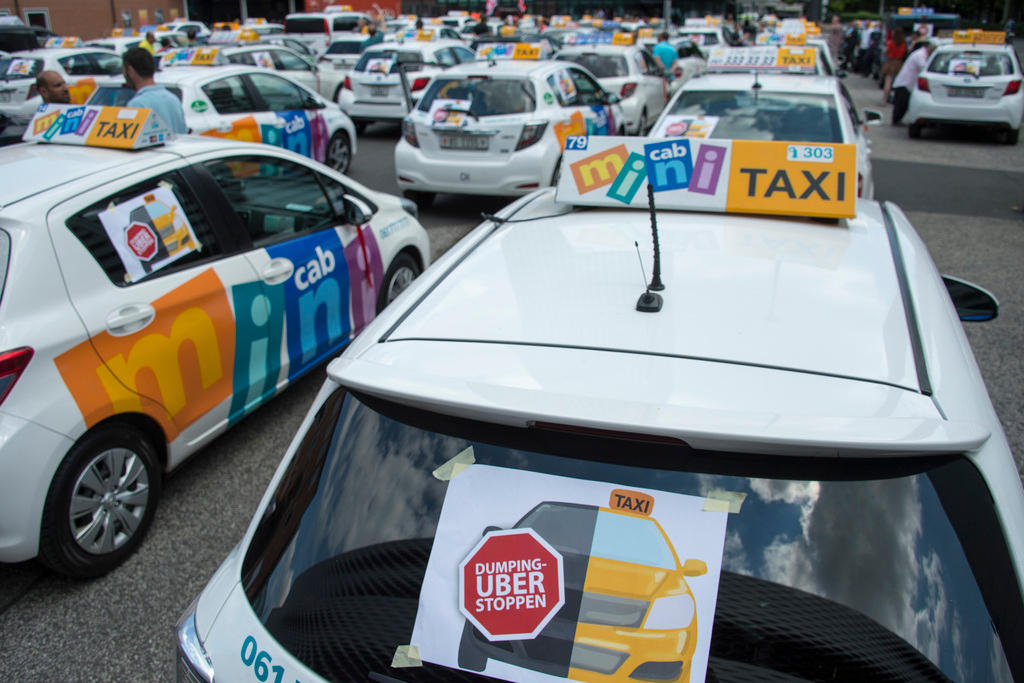
The Swiss Taxi Association plans to launch an app across the country involving some 60 taxi companies to counter online ride-sharing service Uber. This follows a government announcement in favour of deregulation in the digital and sharing economies.
“We’re proposing a global solution which benefits taxi drivers as much as it does passengers and businesses,” Michael Sommer, director of SweeTaxi, told Swiss public radio RTS, on Friday. SweeTaxi is implementing the app.
The Swiss Taxi Association, which will be officially launched on January 25, wants to improve the profitability of taxis, in particular by competing with Uber.
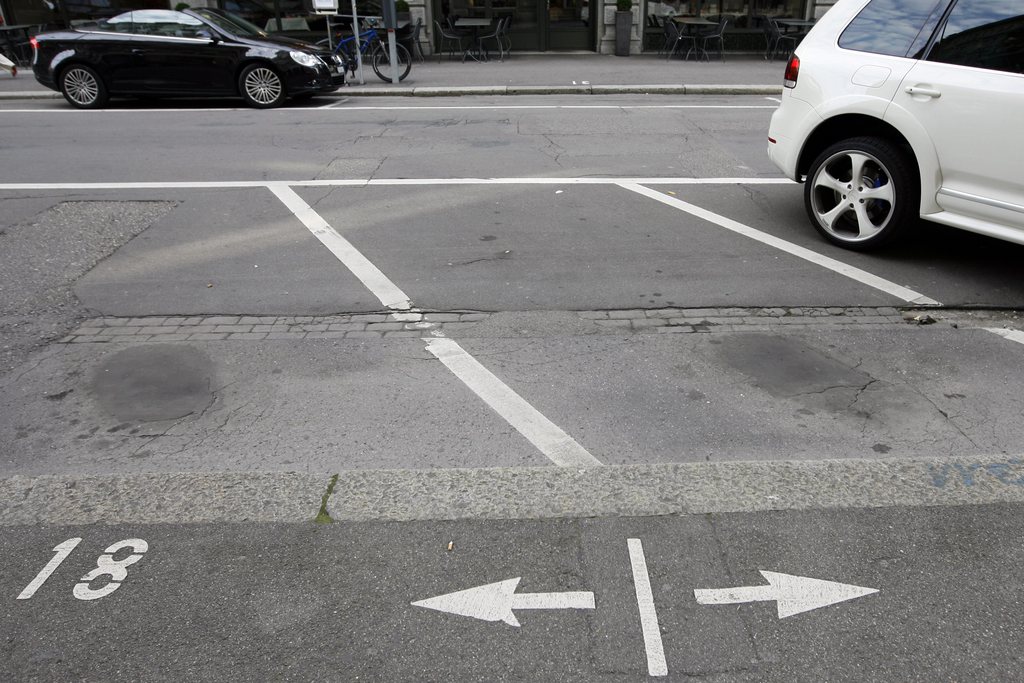
More
Despite full wallets, sharing finds a Swiss home
The Swiss Taxis app aims to optimise vehicle use and reduce operating costs thanks to national agreements on fuel, insurance, and spare parts.
Swiss taxi drivers have repeatedly complained about and protested against what they consider to be unfair competition from Uber. Unions have accused the San Francisco-based firm of undercutting fare prices, lacking adequate insurance cover, and failing to enforce the type of quality controls that standard taxi firms are subjected to.
‘Huge opportunity’
On Wednesday, the Swiss cabinet announced that instead of protecting traditional business models, it supported deregulation, which it said would maximise the potential of the digital economy.
Economics Minister Johann Schneider-Ammann pointed out that a third of economic growth in Europe today is digitally based. “Digitalisation is a huge opportunity,” he said.
He acknowledged, however, that risks exist with digitalisation and sharing platforms such as Uber and Airbnb, which have disrupted traditional business models and threatened jobs. For that reason, the cabinet commissioned a report into developments.
This report focused more on approaches than answers, and specifically on the so-called sharing economy for problems facing the hotel industry and taxi firms. Schneider-Ammann said the cabinet saw opportunities in the sharing economy, since resources would be used more efficiently and competition would be boosted.
Regarding transport services such as Uber, the report pointed to a parliamentary review that called for taxis and firms like Uber to operate on a level playing field, for example by loosening labour or transport regulations.

In compliance with the JTI standards
More: SWI swissinfo.ch certified by the Journalism Trust Initiative

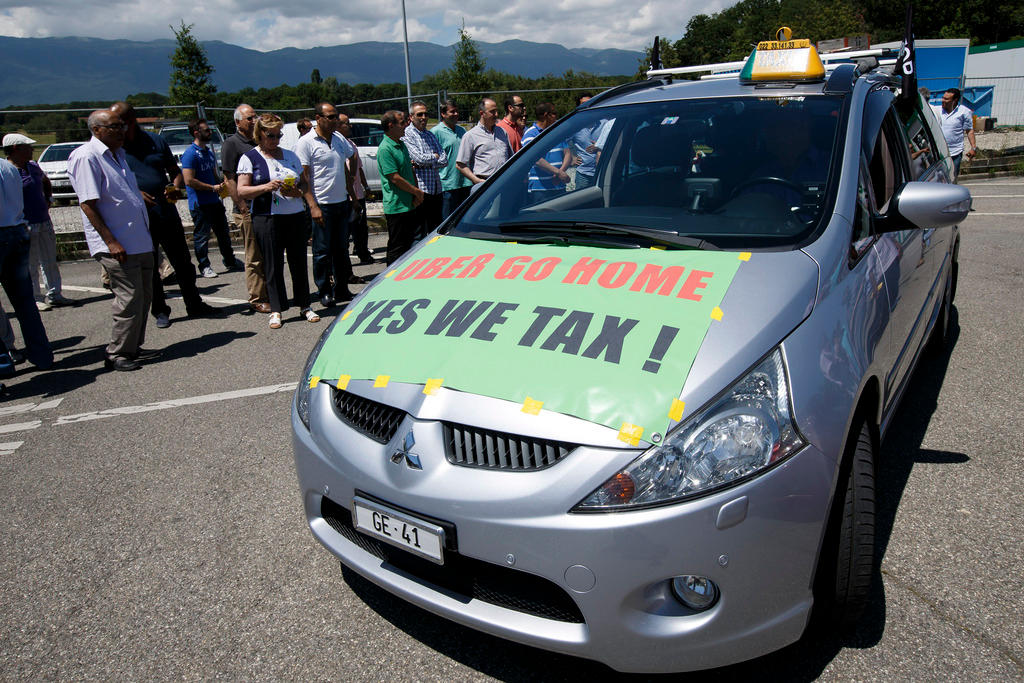
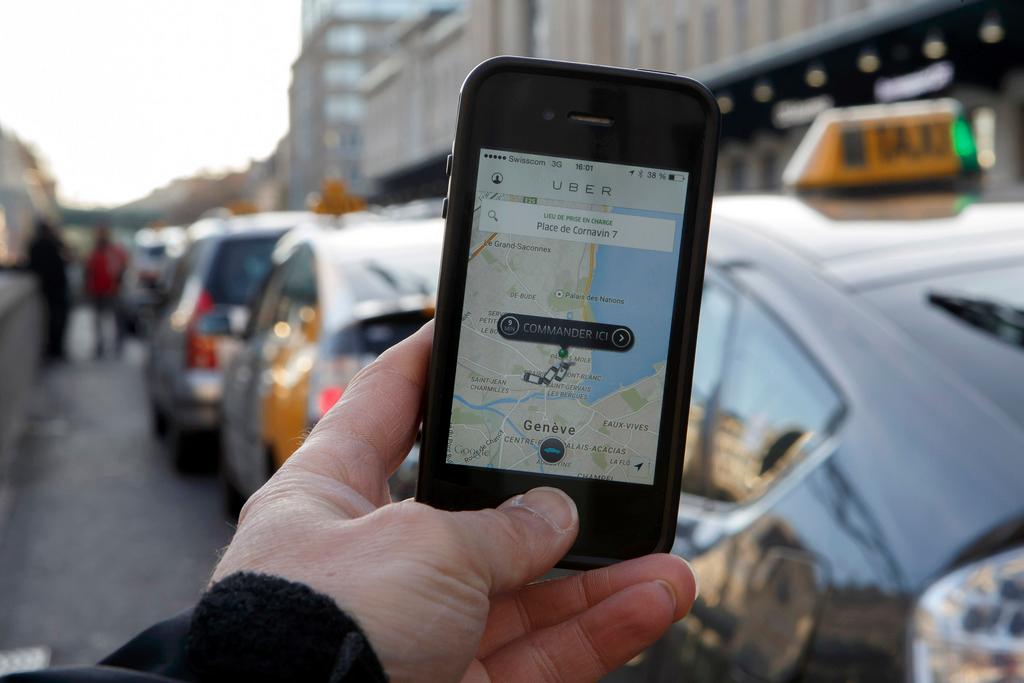
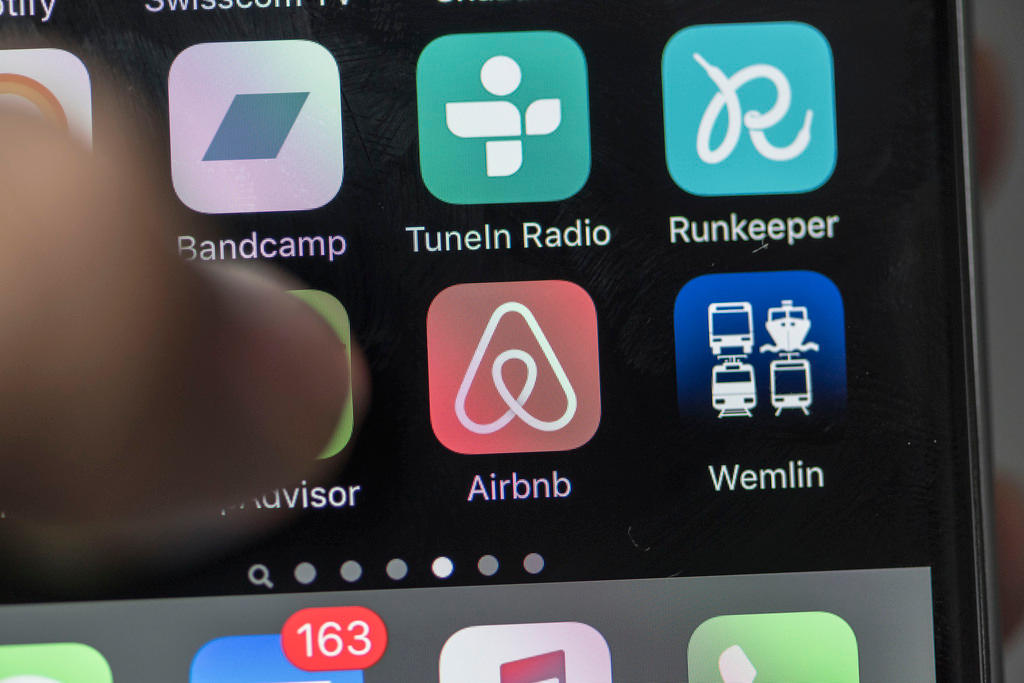
You can find an overview of ongoing debates with our journalists here. Please join us!
If you want to start a conversation about a topic raised in this article or want to report factual errors, email us at english@swissinfo.ch.